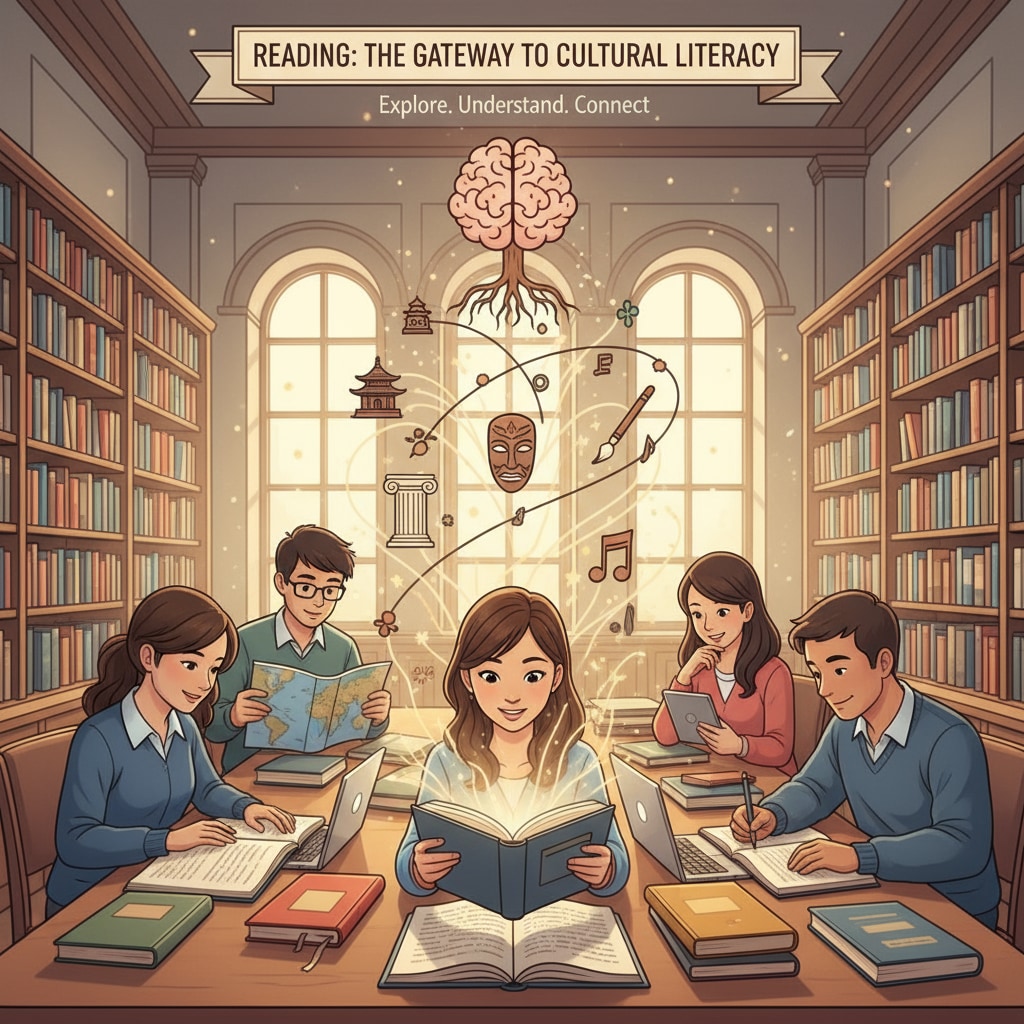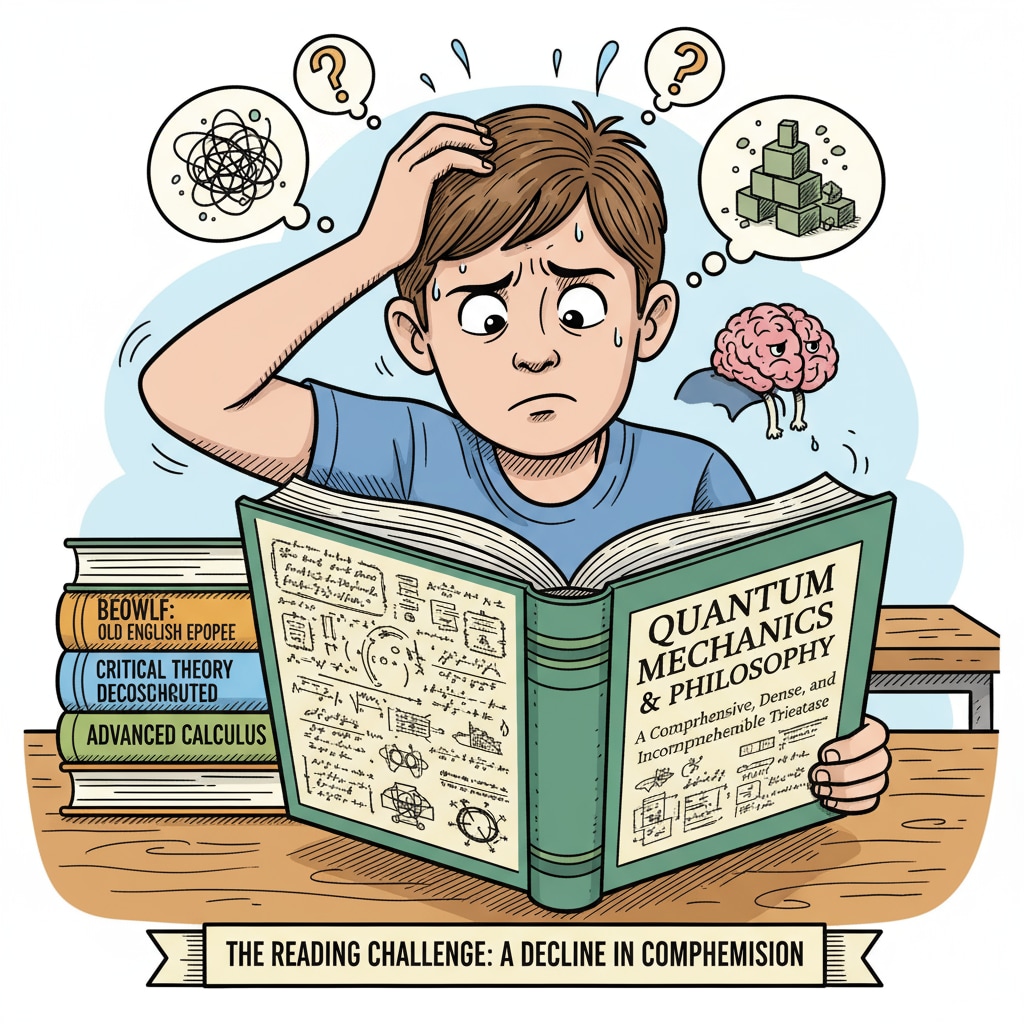Cultural literacy, democracy, and reading ability are intertwined in a complex relationship that is crucial for the health of modern societies. The ongoing decline in the reading and writing skills of contemporary K12 students is quietly but surely threatening the very foundation of democratic societies.
The Link Between Cultural Literacy and Democracy
Cultural literacy is not just about being able to read and write; it encompasses a broad understanding of the cultural, historical, and social context in which we live. In a democratic society, an informed citizenry is the cornerstone of its functioning. As Democracy on Wikipedia states, citizens need to be able to understand complex issues, evaluate different viewpoints, and make informed decisions. Reading ability is a fundamental part of this. When people can read well, they can access a wealth of information, which in turn helps them form their own opinions. For example, a citizen with strong reading skills can read political manifestos, news articles, and research reports to understand policies and their implications. Without this ability, citizens may be easily misled or unable to participate fully in the democratic process.

The Decline in Reading Ability Among K12 Students
Alarmingly, there has been a continuous decline in the reading and writing abilities of K12 students. This decline can be attributed to various factors, such as the increasing prevalence of digital media and a shift in teaching methods. In today’s digital age, students are often exposed to short-form content, like social media posts and quick videos, which do not require the same level of deep reading and comprehension as traditional texts. Moreover, some teaching approaches may not adequately emphasize the development of strong reading skills. As a result, students are struggling to understand complex texts, analyze information, and express their thoughts clearly in writing. This lack of proficiency in reading and writing is a major concern as these students are the future citizens of democratic societies.

The implications of this decline in cultural literacy, especially reading ability, for democracy are far-reaching. If future citizens cannot read and understand important information, they will be unable to engage meaningfully in public debates, vote knowledgeably, or hold their elected representatives accountable. To address this issue, educational reforms are urgently needed. We must reevaluate the role of reading and critical thinking in shaping future citizens. By improving reading instruction in K12 education, we can help students develop the skills they need to be informed and active participants in a democratic society. As Education on Britannica emphasizes, education is the key to empowering individuals and maintaining the vitality of democratic institutions.
Readability guidance: This article uses short paragraphs to present ideas clearly. The two H2 sections each have a list of related points. Passive voice is used sparingly, and transition words like “for example”, “moreover”, and “as a result” are included to enhance the flow of the text.


